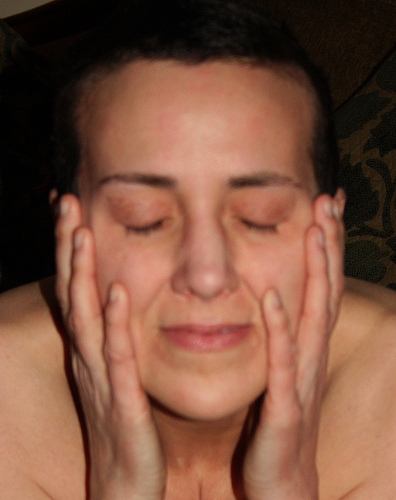
To the outside world, it looked like Jimmy Miller had it all. He was a competitive surfer living in a beach community in California; he was a world traveler and was even married to a supermodel. in his brother’s words – he had it all going on.
“He lived the ideal life,” Jeff Miller told FoxNews.com. “He had tons of friends, not just locally, but all over the world. for all intensive purposes, he was a pretty happy guy.”
But around Jimmy’s 35th birthday, everything started to change when he sustained a shoulder injury that took him out of the water.
“It went from something is a little strange to ‘Wow, we need to find some help for him,’ to he’s in an institution, and he’s getting better,” Miller said.
But Jimmy never did recover and he ended up taking his life in August 2005.
“It was the heaviest thing that my family and friends had ever gone through,” Miller said. “No one could believe it. When somebody dies, especially when they die too young, we wanted to do something to commemorate him.”
To keep Jimmy’s passion for surfing alive, Miller and his family started The Jimmy Miller Memorial Foundation, which is an adaptive surfing program to help individuals “coping with mental and physical illness.”
The first couple of years, the foundation worked mainly with kids, but soon they saw another group in need, who they thought would greatly benefit from this one-of-a-kind sport.
“My family has some ties to the military. my grandfather was a lifetime Navy man, and he was actually on the USS Arizona at Pearl Harbor,” Miller, who’s president of the foundation, said. “So we have some pretty strong feelings about the military— and around the time when there was negative press about the Walter Reed Army Medical Center, we did some research, and found that our program could help them.”
In the summer of 2007, the foundation launched ocean therapy sessions to serve Marines with the Wounded Warrior Battalion-West division located at Camp Pendleton, Calif., which boasts miles and miles of untouched coastline.
“We didn’t know what to expect – we didn’t know what kind of injuries they had, if they had PTSD, or if they’d be physically able to surf with us – but that first day was just magical,” Miller said. “The guys just opened up after surfing like you wouldn’t believe. They were talking about their experiences, both in the war and how they got injured, and how this was the happiest they’ve been since the day they were injured.”
Dr. Dale Archer, a clinical psychiatrist based in new York and Louisiana, said one of the most important things to do when someone suffers from a type of disorder like post-traumatic stress disorder (PTSD) is to work to relieve their symptoms of insomnia, nightmares, flashbacks and anxiety.
“And in this case, they are doing it through surfing,” he told FoxNews.com. “It’s not just that there’s something magical about surfing, as some people say, but it’s really about getting them outside of the mindset of thinking and remembering these things that have happened.”
Miller likes to refer to the story of one Marine who suffered a brain injury. The Marine said he hadn’t slept for more than three to four hours a night since his injury – but after that first day of being out in the ocean – he slept for a solid eight hours.
“That alone is worth its weight in gold,” Miller said. “We’ve had so many breakthroughs of guys out in the water saying ‘this is it… I just need to surf.’”
About one in 30 adults in the U.S. suffers from PTSD in any given year, according to the National Institute of Mental Health, but the risk is much higher for those who’ve experienced the atrocities of war.
The Department of Veterans Affairs estimates that between 11 to 20 percent of veterans who have served in Iraq and Afghanistan suffer from PTSD, and another 115,000 troops have suffered traumatic brain injuries (TBI) since the wars began.
And while there are traditional therapies to treat these types of injuries like cognitive therapy and long-term rehabilitation – sometimes a day out on the ocean, catching some waves, and feeling that rush of adrenaline – is exactly what the doctor ordered.
“Surfing takes total focus and concentration – and when someone is doing this – they’re not having flashbacks and they’re not thinking about the horrible things they’ve experienced,” Archer said. “Instead, they are in the moment. It’s about being in the here and now. So I think this program is allowing them to feel a slice of normal life – and that’s where the real benefit lies.”
Miller said they have also started working with veterans from the VA in Los Angeles.
“If they have that connection to the ocean and to Jim, they just keep coming back for more,” Miller said.
Click here to learn more about The Jimmy Miller Memorial Foundation.
The Jimmy Miller Memorial Foundation is a non-profit organization honoring the life of Jim Miller. On the foundation’s website, they describe Jim as “a teacher, lifeguard, a dreamer, a traveler, a friend, and a worldwide ambassador of fun times and good surf.”